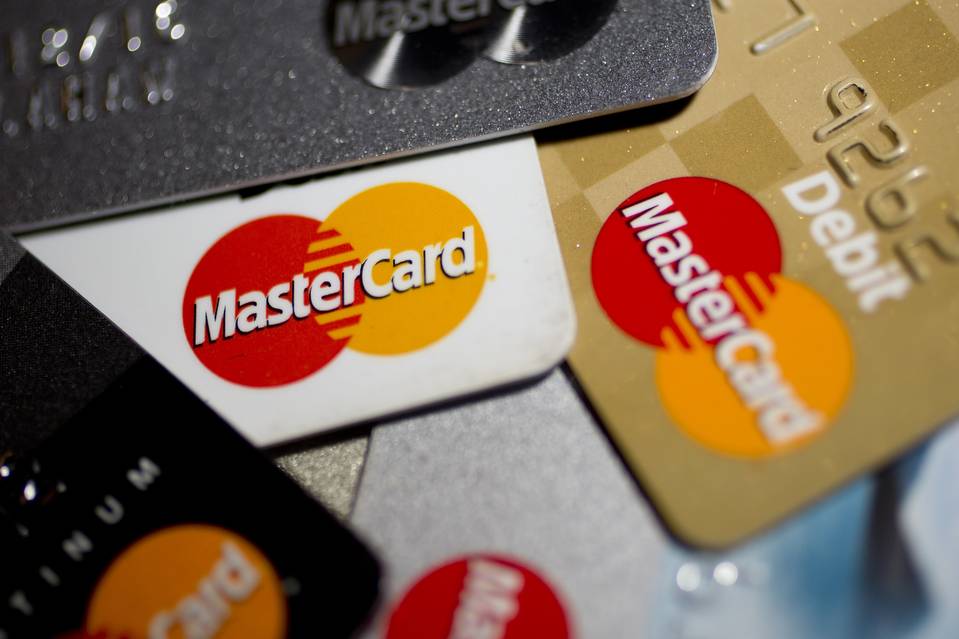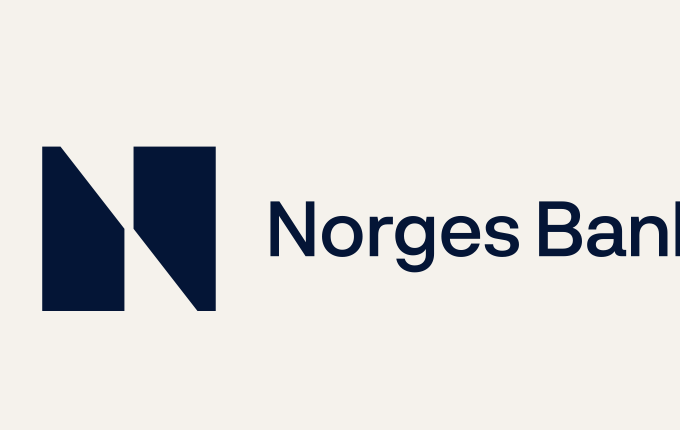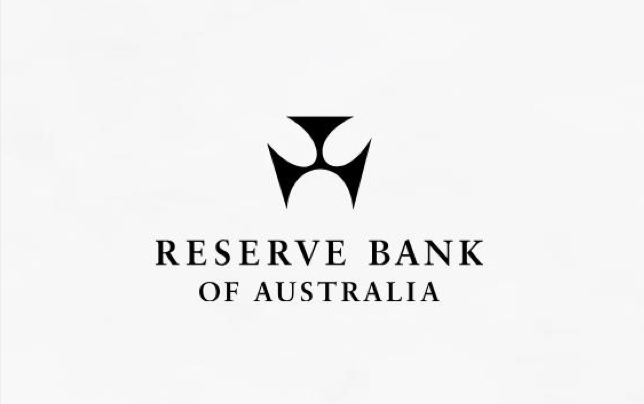
Consumers Around the World Want to Use Smartphones as an Alternative to Plastic Cards
By Sofia for LTP
Understanding of the readiness of certain countries and regions for innovative transformation is a crucial part of business expansion strategies for startups in any industry. While there are examples of innovative startups that have expanded globally despite regulations and other problems, for the large part of entrepreneurs, the matter of diving into the specifics of the market and understanding the opportunities (which may not be in place) is sometimes a significant inhibitor of growth and development.
A recent study by Mastercard called ‘The Impact of Innovation,’ results of which were published this Wednesday, states that the perception of digitalization and its effects on society, personal preferences in using digital technology for payment, and payment authentication varies around the world. While some countries are eager to try out new solutions, others are –to some extent – resistant to the active use of modern digital technologies.
It’s official: Users want to use innovative solutions for payments rather than cards
According to the official press release, while in Africa and the Middle East over 70% of consumers reported to be ready to pay with their smartphones, only two-fifths (38%) of Western Europeans have some way to go. Most interestingly, however, when asked about new ways to pay, consumers across all regions chose their smartphone as an alternative to the plastic card.
As Ann Cairns, President, International Markets at Mastercard, commented on the results, “…not only is there a huge appetite for new ways to pay, but consumers overwhelmingly want to use their smartphones. In fact, many are ready to do so right now. For decades, plastic cards have been the only reasonable alternative to cash – but consumers are saying loud and clear that they want digital innovations in all areas of life.”
In fact, the expectation for smartphones to take over payments has been out there for some time now. Some professionals predict that more than one in three people in the world will be using smartphones within the next two years and, by 2019, almost 200 billion transactions a year will be made via mobile phones and tablets.
The transition from card payments to mobile payments is a major customer habit transformation and one of the requirements for innovative solutions to take off in new markets. The transformation, however, is already in motion and the report from BI Intelligence indicated that the number of in-store mobile payment users will grow at a 40% five-year CAGR to reach 150 million by the end of 2020, representing 56% of the consumer population during that year.
And it’s not just mobile payments, contactless payments overall are expected to increase rapidly as businesses add payment terminals and customers use more smart devices. In 2016, the market is forecasted to reach $6.7 billion, according to MarketsandMarkets. In five years, the market will reach $17.6 billion, growing at a compound annual growth rate (CAGR) of 21.2%.
The populations of less developed countries are the most enthusiastic about innovation
Going back to the research by Mastercard, one of the most interesting possible implications of it is the fact that the developed world may not be the most powerful driver of global innovation adoption in the nearest future – it appears that the populations of less developed countries are the most enthusiastic about digital innovation than in markets where it is readily available.
With that said, Central and Eastern European countries and those in the Middle East and Africa are reported to have the highest number of those who actively embrace new technology. “More than a quarter (27%) in Russia, Turkey and Ukraine call themselves ‘eager promoters’ of new technology. People in the Middle East and Africa demand more innovation in all areas.”
On the flipside, however, is the lack of trust in modern ways of identity verification, such as fingerprints, in favor for PINs and SMS codes leading with 36%.
As for the Middle East and Africa – the region’s’ population are optimistic about the effects of digitalization and more open towards innovative solutions with mobile payment readiness reported to being the highest (at 73%). The region also has the highest ratio of enthusiastic followers (33%).
On contrary to the previously described cluster, people in this region do not generally trust PIN codes for payment (24%), having more confidence in fingerprint technology (32%). The SMS code, however, still tops the list with 36%.“This region demands innovation in most areas: not only education, healthcare and transport but also in commerce, finance, automobile, hotel and restaurant industries.”
First appeared at LTP




